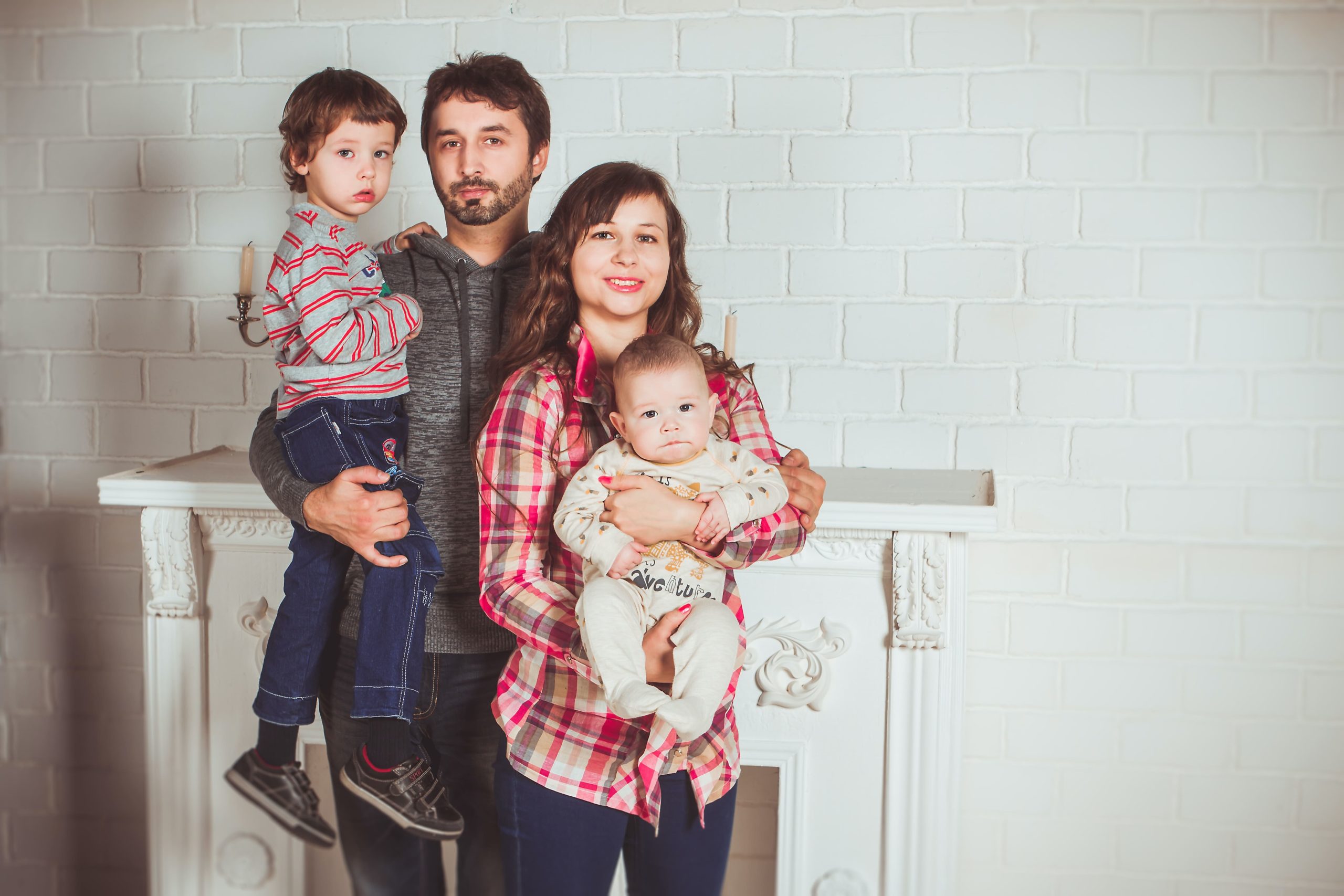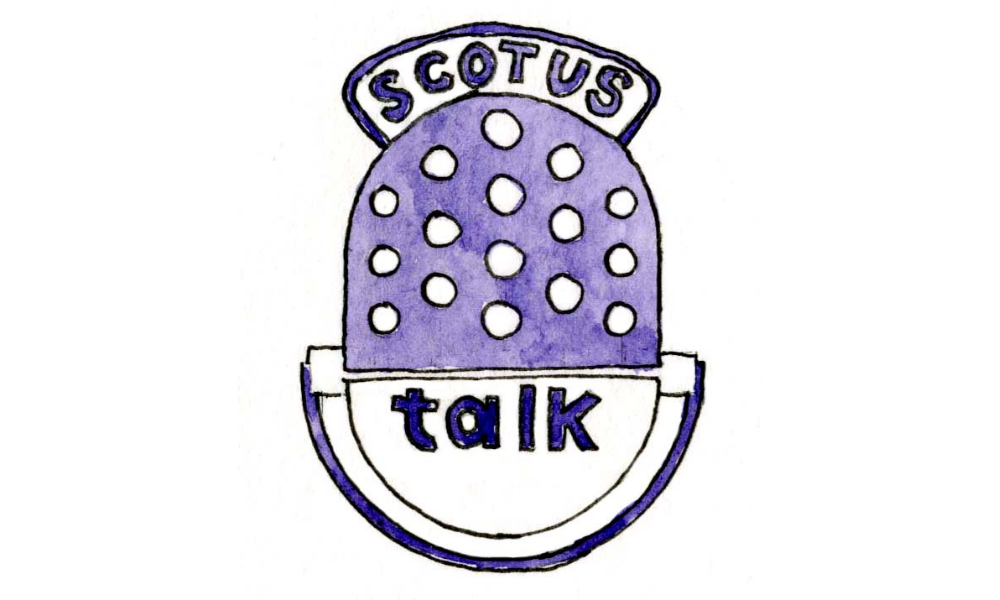THE HOMESCHOOL WARS: A Battlefield Report
We write this one day after former Secretary of Education made a speech advocating abolition of the U.S. Department of Education; a department she headed for 47 months during the previous administration. So, yes, we do live in interesting times.
But our purpose is to report on a non-precedential decision of the Superior Court issued on June 24, 2022 on an Erie County ruling which, among other things, denied a mother’s request to home school children. The Superior Court panel found the trial court opinion so compelling that they affirmed and published the lower court opinion. What makes it noteworthy is that homeschooling is a recurring issue and one where we don’t have a lot of appellate guidance.
The children in the case are 11 and 8. They attended an Erie County public school until Mother relocated to New York. There, they went to another public school until the pandemic forced the schools to close temporarily. At this point Mother began to homeschool. Father fist consented as the schools were closed. But when they re-opened Mother chose to keep them out of public school and continued to educated them at home. Father did not agree. Mother asserted that there was bullying in the public school environment and that she was better able to address the needs of her child with dyslexia. The trial court did not find either of these assertions credible, and no independent proof was offered for the dyslexia diagnosis of Mother. Mother had no specialized training to teach and no training of any kind to address the learning disorder she indicated the one child had.
This is scarcely a close case and it did not merit the deep-dive analysis we might hoped to have seen. That might have been required had mother been qualified to diagnose and propose educational solutions for issues related to ADHD and/or dyslexia. But there is a larger point here. We see a fair number of parents advocating for home based education these days. There are some unfortunate things going on in public schools and the shuts downs of 2020 and 2021 gave many parents opportunities to experiment with at-home education.
Home schooling began to develop traction in the 1970s. At the time it was advocated largely by counter-culture types who equated public education with public indoctrination of outdated conservative values. Ironically, since the 1980s the cause has been more identified with conservatives and fundamentalist Christians who see public education as entirely too liberal and lacking support for “values.” Of course, we have metrics to evaluate educational outcomes for public school graduates. As for those trained at home, the outcome record remains murky at best.
Most of the people whom we encounter inquiring about home schooling are sincere, although there are sometimes signs of enmeshment with the child(ren) that could be perceived as unhealthy. But these clients often underestimate the mountain they seek to climb. The typical person wearing a robe and deciding where kids go to school when parents disagree has little to no experience with homeschooling. They regard themselves as the successful product of a conventional public or private school experience. They succeeded in a world where they had access to dozens of teachers and hundreds of school classmates who mentored and/or socialized with them. They succeeded in high school, college and then endured three years of legal training. Suffice to say that the study of law does not encourage experimental thinking. Moveover, judges will tell you over cocktails that their goal is not to produce Nobel laureates, MacArthur fellows or even Pulitzer Prize runners-up. They go home satisfied if the children who appeared in their courtrooms refrain from violent or larcenous crimes, obey speed limits and pay their real estate taxes without the involvement of the county sheriff. The lion’s share of their time is allocated to trying to control the behavior of the adults who can’t resist, crime, speeding or tax evasion. They would probably also tell you that it is somewhat healthy for your kids to experience a bully, an unreasonable teacher or the experience of working with others on a sports team or a theater production. They did it when they were in school, and they think they turned out OK. Candidly, they fear what might happen to children who grow up in a setting where they are educated at home, alone except for a single parent who thinks he or she can teach, grammar, math, the solar system and “Great Expectations.”
In fact, as one reads the trial opinion in Rzepecki v. Rzepecki, mother may have overplayed her hand in two ways. Many clients come to attorneys and believe they hold an ace card because there is definitive evidence that the other parent has had problems with drugs and alcohol. Obviously a record clear of that history is best but judges are supposed to call the case based on the facts “now” and not “then” when addiction was controlling a parent’s life. In this case mother played the prior addiction card but came in light on evidence of a present threat to the kids. Then she sought to effectively appropriate complete control of the education of the children by homeschooling them. There are no parent-teacher conferences or report cards issued by “HomeSchool.” And it’s not likely that anyone will be reporting the teacher for being ineffective, overbearing or overindulgent. Homeschooling is a gamble and there is little if any data on lasting outcomes.
Last, but not least, those in the bar should provide prospective custody clients with a copy of the trial court opinion noting that “This is what your case will boil down to.” Clients all too often expect that when the last witness is finished the judge will instantly see that they are right and the other parent is wrong. Whether Judge Walsh got it truly right is beyond this writer’s view. But he did sift through the facts, applied the statutory factors and presented a cogent analysis for his ruling. As those who try custody cases know, rarely does either client come out of a custody trial unscathed or fully vindicated.
Rzepecki v. Rzepecki, 147 WDA 2022 (June 24, 2022) Non precedential






